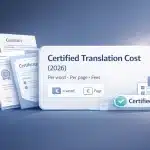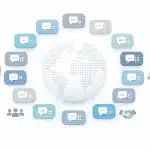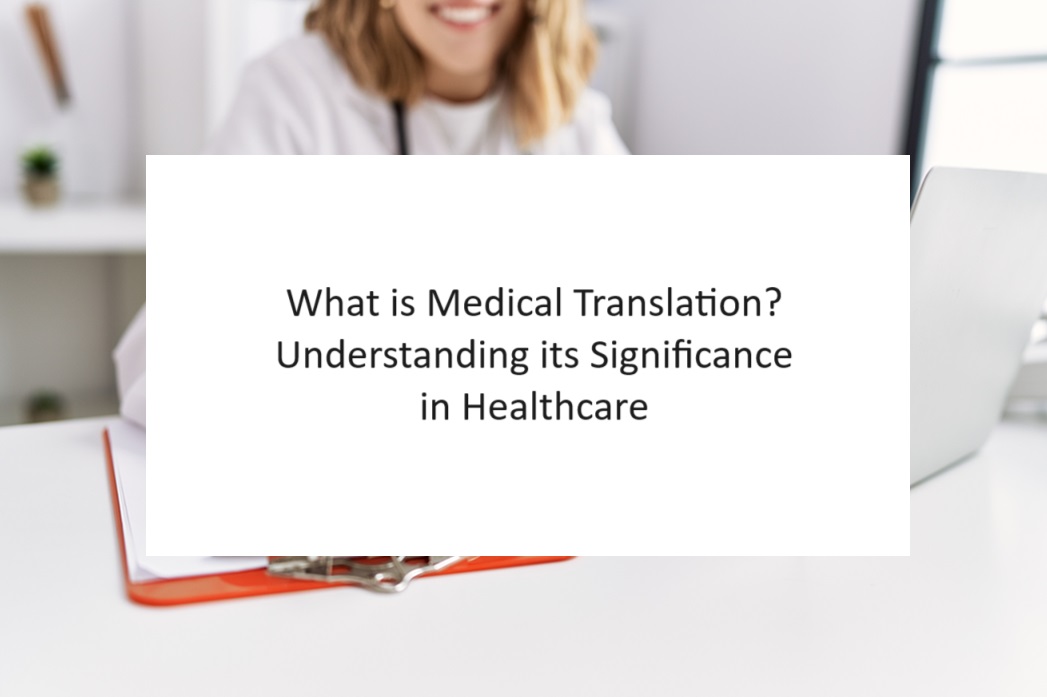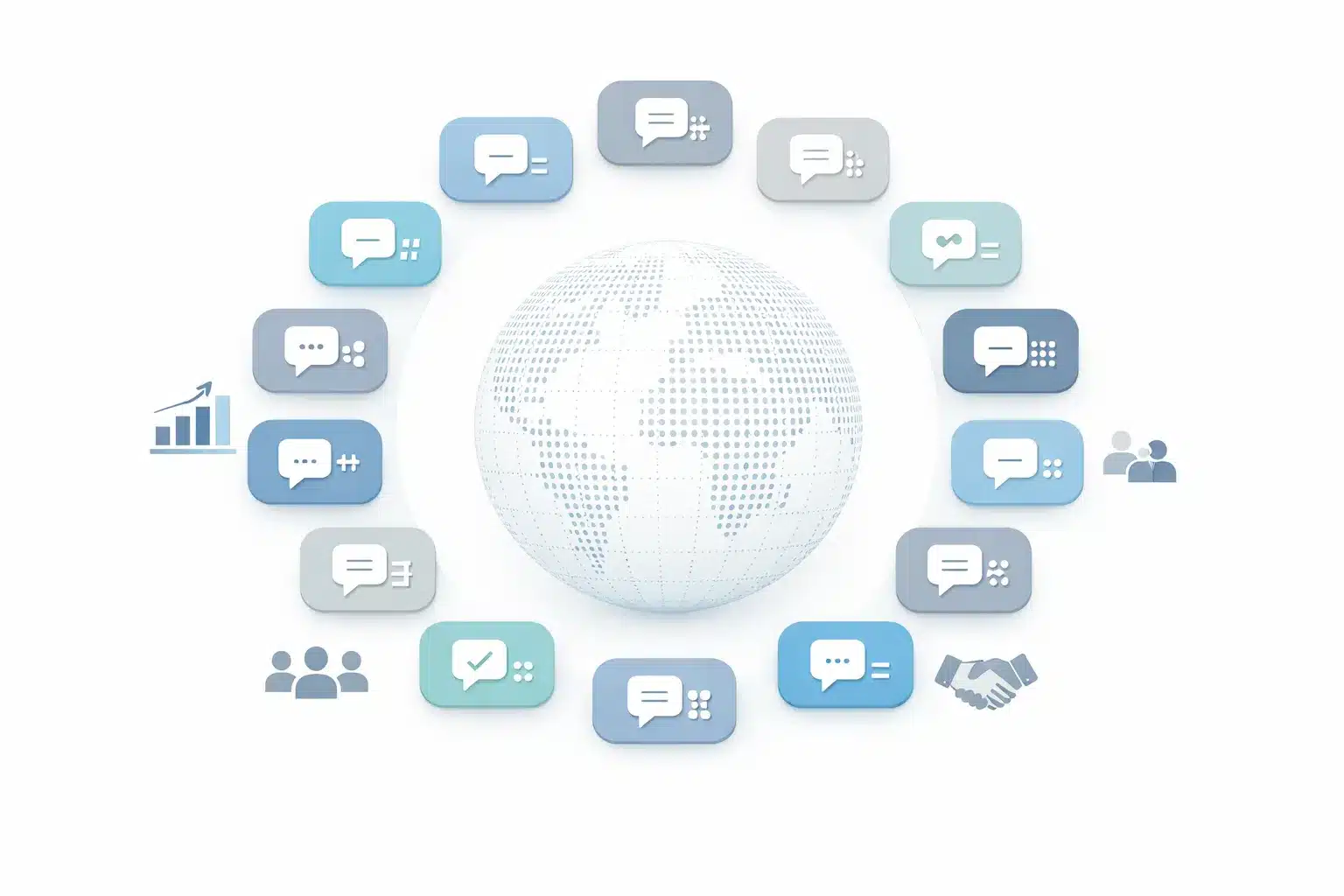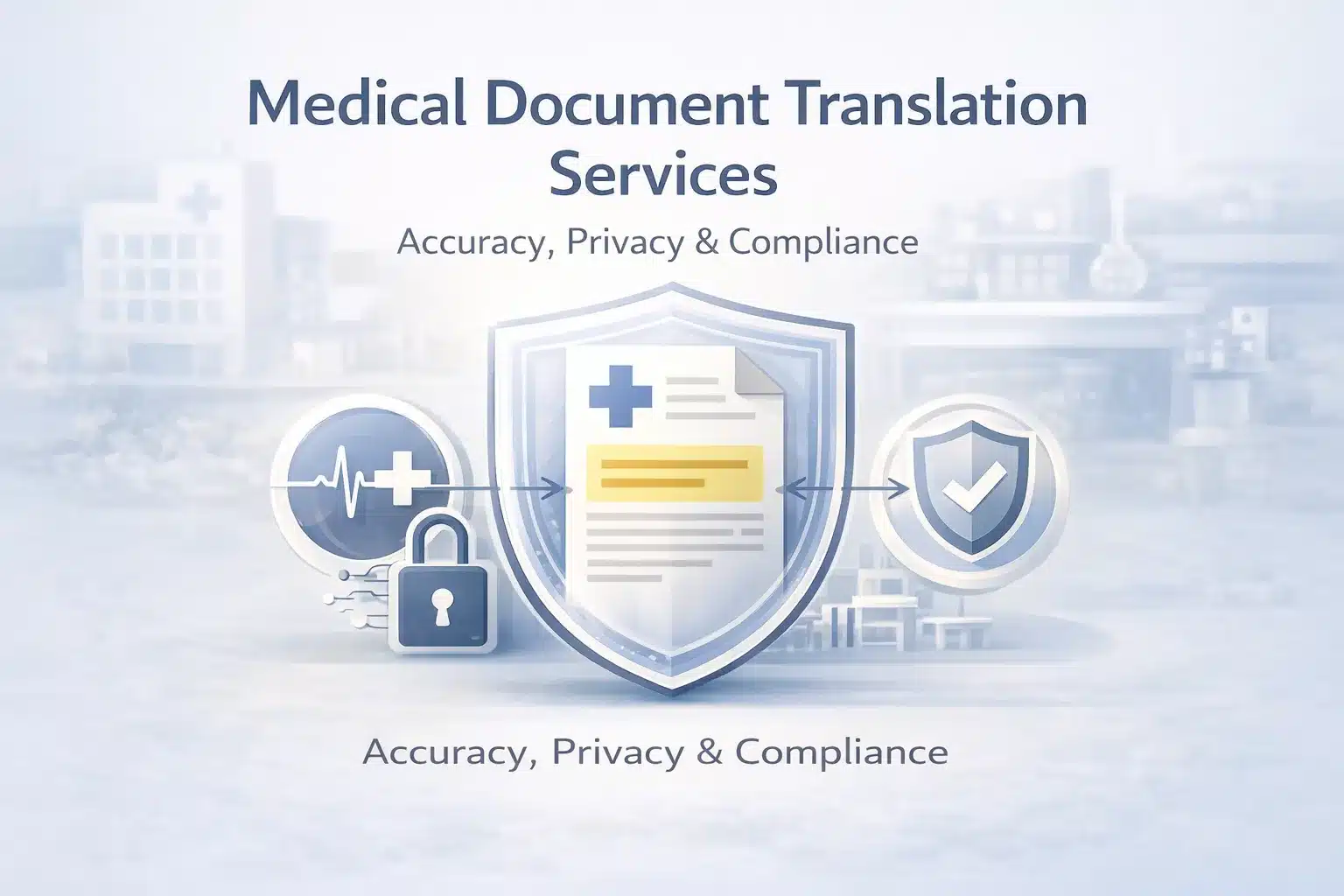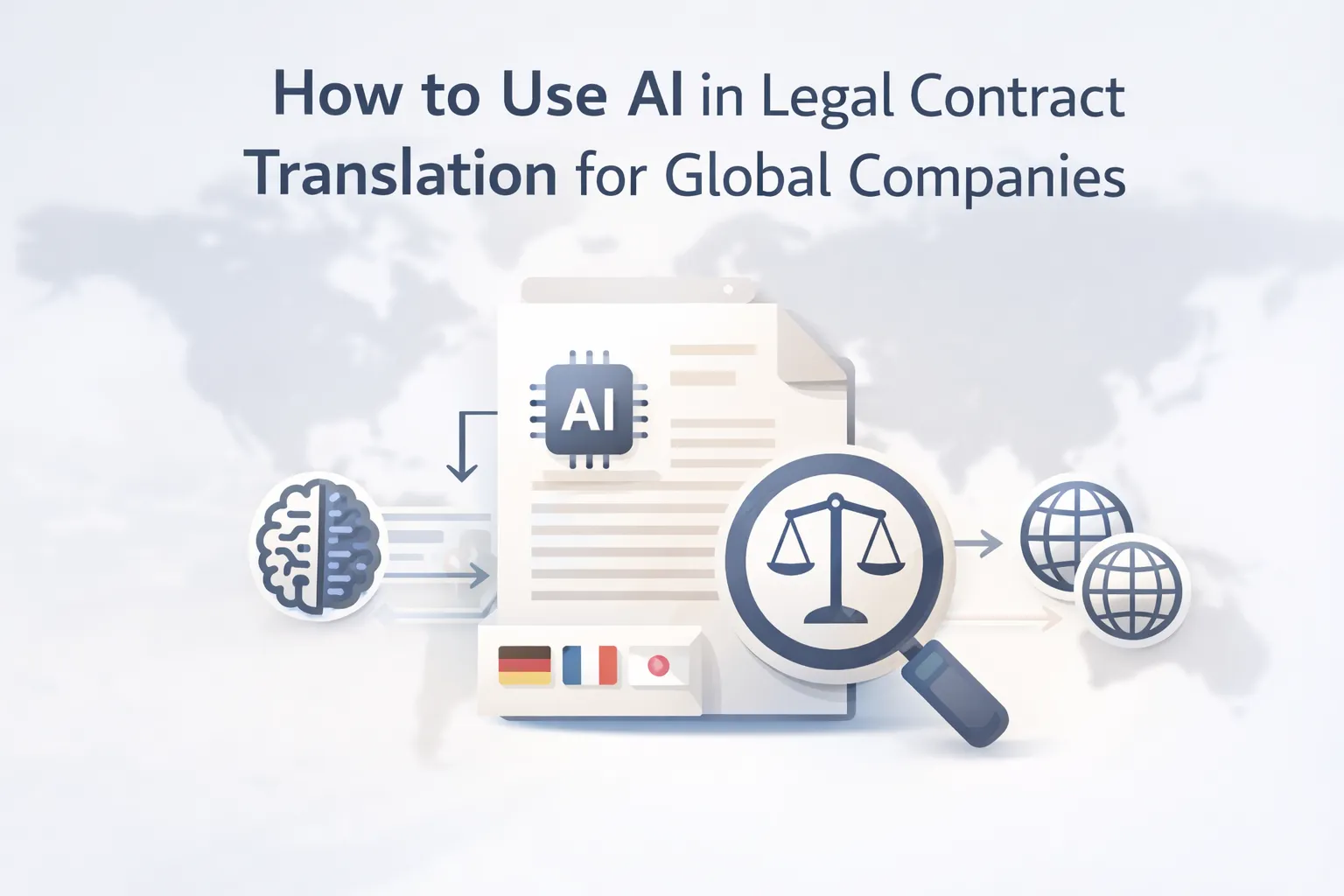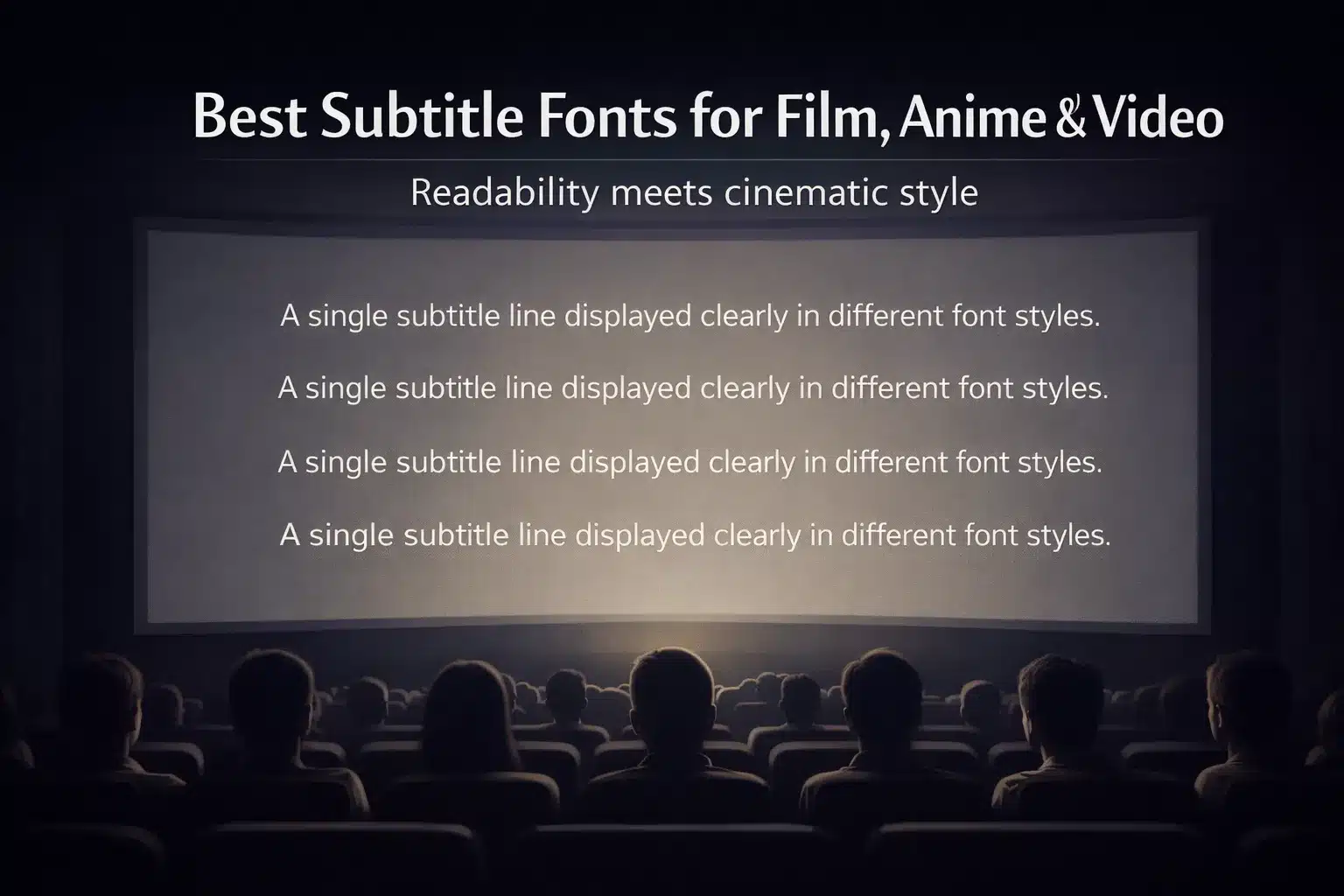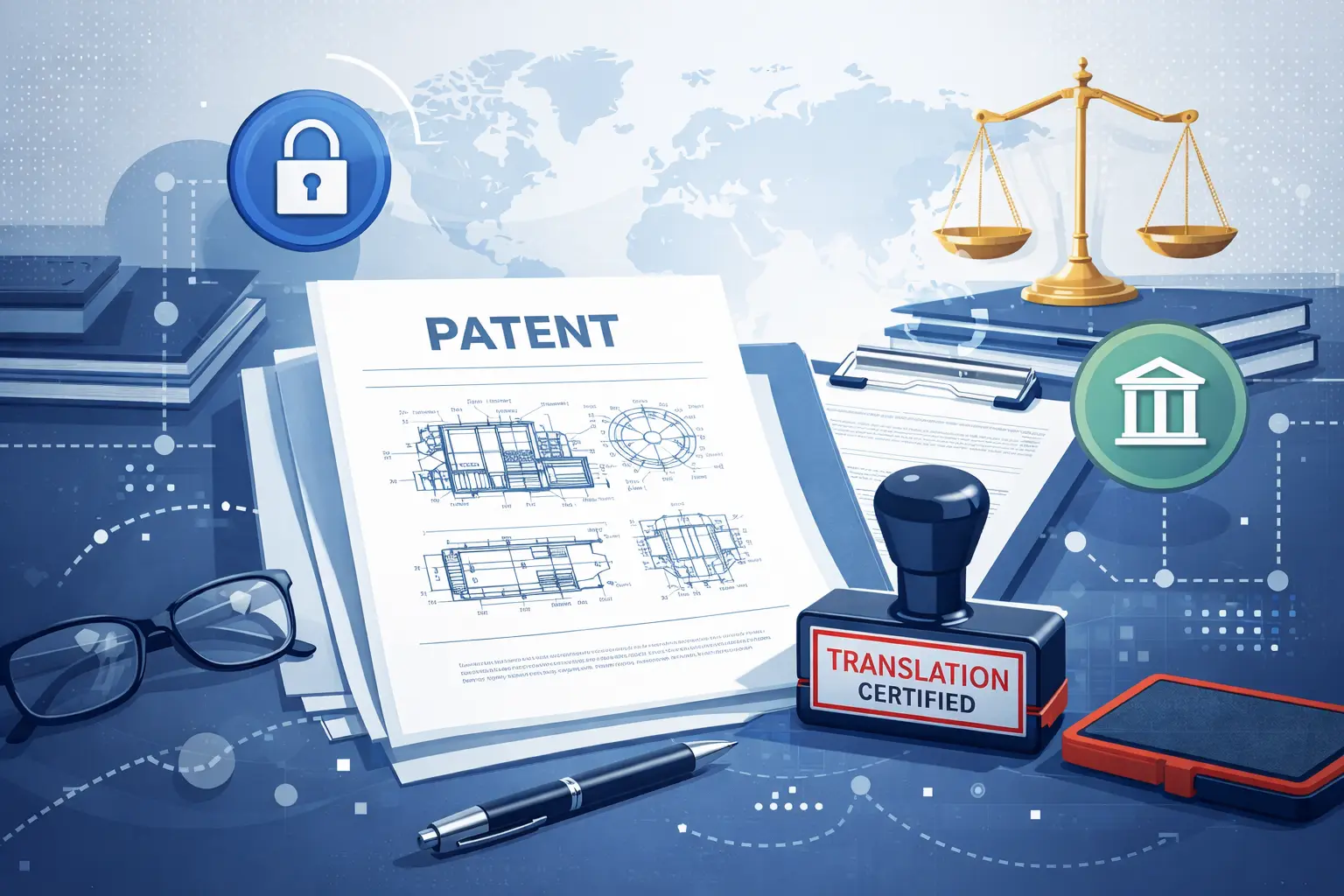Medical translation is a crucial bridge between languages in the world of healthcare. It all revolves around the translation of crucial medical terminology, writings, and important conversations. Yet you might be wondering why it’s so crucial.
Imagine feeling ill while traveling to a foreign country, but being unable to comprehend the doctor’s diagnosis because it is written in a language you don’t understand. Medical translation steps in to solve this problem. It ensures that patients and healthcare facilitators can communicate properly, no matter their native language.
This is a lifeline for everyone involved. It helps patients understand their treatment options, and prescriptions. It also helps doctors and nurses provide accurate care. Imagine a world where misunderstandings about your health could be a thing of the past! Translation medical is like a bridge of compassion and understanding in the world of healthcare.
What is Medical Translation?
Medical translation is like a bridge in the world of healthcare. It’s like having a helpful and kind friend who makes it convenient for patients and doctors to communicate coherently even when they speak different languages. Consider a situation in which you are sick and in a foreign country, but the doctor does not speak your language. That’s where medical translation comes to the rescue.
Moreover, translating important medical information like treatment schedules, diagnoses and prescriptions from one language to another is what medical translation is all about. Utilizing the right words is crucial, but so is making sure the meaning is understood. This is crucial because effective communication in the medical field can mean the difference.
Think about the challenges medical translators face. They must be super accurate. Medical jargon is like a secret language. Even a tiny mistake could lead to serious situations. They also require understanding the culture and context of both the patient and the doctor. And let’s not forget about confidentiality – medical information is personal, and translators have to keep it safe.
Medical translation provides a lifeline for patients who are multilingual in the medical field. Everyone can better grasp because it doesn’t simply include words; it also involves people’s lives. However, those responsible for these translations have a difficult task since they must ensure that nothing is lost in the translation process and that everything remains accurate and secure for a global audience to enjoy the most fun and information.
Why is Medical Translation Important?
Imagine going to the doctor in a foreign country, and you can’t understand a word they’re saying. Scary, right? That’s where medical translation swoops in as a lifesaver. It’s like a bridge connecting people from different languages to better health.
Medical translation is vital for several reasons. First, it helps make sure you and your doctor understand each other smoothly. When doctors and patients speak the similar language, it’s easier to communicate symptoms, treatments, and ask questions. Clear communication is the key to getting the right service.
But there’s more to it than just conversation. Accurate medical translation can be a lifesaver. Imagine a prescription with the wrong translation – it could lead to a serious mistake. Or think about medical records: even a small error can have big consequences. That’s why precision in translation is critical.
Legal and healthcare regulations emphasize the importance of how to translate medical documents in a coherent manner. Inadequate translations of medical documents, consent forms, and patient records can lead to legal issues and patient safety concerns.
Word-to-word translation is only one factor of medical translation. It entails making sure that everyone, regardless of background, has access to healthcare. Making sure that medical information is completely understandable is the objective. It also revolves by abiding by the laws that keep us all secure and healthy. So keep in mind the magic of medical translation the next time you visit a doctor in a foreign country to keep your health connected.
Discover the Importance of Medical Translation
Imagine a world where words could save lives. That’s precisely what medical translation does. It’s like a bridge that connects people of different languages to the world of healthcare. Let’s explore its significance:
In a globalized world, healthcare doesn’t have borders. People from all corners of the Earth seek medical help. But here’s the catch: not everyone speaks the same language. This is where medical translation swoops in as a superhero.
Patient safety is paramount. Imagine a doctor prescribing the wrong medicine because they couldn’t understand the patient’s description of their symptoms. Scary, right? Medical translation ensures that patients are accurately understood and properly treated, no matter what language they speak.
Sadly, there have been cases where poor translation led to tragic consequences. Like when a simple misunderstanding of a dosage instruction resulted in a patient taking too much medication, or too little.
Medical translation isn’t just words; it’s about preserving lives and health. It’s the human touch that says, “We care about you, no matter where you’re from or what language you speak.” So, next time you see a medical document in a language you don’t understand, remember the importance of medical translation.
Types of Documents Requiring Medical Translation
Human touch in healthcare isn’t just about gentle care; it also extends to clear communication. In the world of medicine, there are various documents that need a helping hand to bridge language gaps and ensure patients get the best care possible.
- First, there are patient records, the life stories of our health. They tell the journey of ailments and remedies. Then, medical reports, like detectives, decode the mysteries of diseases. These documents demand accurate translation services to ensure the right treatment.
- Informed consent forms, the gatekeepers of patient choices, require utmost clarity. Patients deserve to fully understand their choices, no matter their native language. That’s where translation steps in.
- Now let’s glance at the prescriptions and dosage instructions like magic spells. A tiny mistake can even have big consequences on a patient’s overall health. Medical translators ensure that the magic works safely for all.
Each document has its unique language, a delicate blend of science and humanity. Additional, translators must be like skilled artists, preserving the integrity of the content while making it accessible to all, no matter the language. It’s a matter of life and health, and that’s where the human touch truly matters.
Cultural Sensitivity and Medical Translation
Understanding medicines goes beyond just words; it’s about the human touch that embraces different cultures. Cultural sensitivity in medical translation is like a guiding light. It ensures that patients from diverse backgrounds feel respected and understood.
Suppose someone from a different country, unable to speak your language, needing medical care. Now, imagine how comforting it would be for them if the medical information is translated not just accurately, but also with a deep understanding of their culture.
Cultural nuances can impact medical communication profoundly. For instance, some cultures value directness, while others prefer a more indirect approach. Names and symbols might have different meanings, and even body language can differ greatly.
Furthermore, to ensure culturally competent medical translation, consider a few key strategies. Employ bilingual and bicultural translators who understand the medical jargon. Always seek patient feedback to make improvements. Use visual aids that transcend language barriers. And most importantly, show respect for each patient’s unique background.
In the world of medicine, embracing cultural sensitivity is like offering a helping hand to those who need it most. It bridges gaps, fosters trust, and ensures that everyone, regardless of their culture, receives the care they deserve.
The Impact of Medical Translation on Global Healthcare
Picture a world where everyone speaks different languages, yet they need to work together to improve healthcare worldwide. That’s where the magic of medical translation comes in. It’s like a bridge that connects doctors, researchers, and patients from all over the globe.
Medical translation is like a superhero’s cape for global healthcare. It helps doctors and scientists communicate, share their discoveries, and understand each other’s work. When research papers and medical documents get translated accurately, it means that a brilliant idea in one country can help save lives in another.
Let’s talk about some real-life examples. Take a moment to think about the World Health Organization (WHO). They rely on medical translation to share health guidelines and research findings with countries worldwide. They make sure that doctors everywhere can completely understand and use this valuable information. That’s a game-changer!
Moreover, when medical records and patient information can be translated, doctors can provide better care to patients who speak different languages. This is crucial for patients’ safety and holistic well-being.
Medical translation enables collaboration, knowledge sharing, and better patient care, breaking down language barriers and making the world a healthier place for all.
Conclusion
Medical translation is like a helping hand for patients worldwide. It’s the bridge that connects people to healthcare information, ensuring everyone can understand their diagnosis and treatment. This service breaks down language barriers, making medical knowledge accessible to all. It’s not just about words; it’s about compassion and care. Translators bring warmth and understanding to the cold world of medical jargon. Medical translation is the human touch in healthcare, providing comfort and reassurance to those in need, ensuring that no one is left in the dark, and that everyone can access the care they deserve.
FAQs
- Why is translation important in the medical field?
Translation in the medical field is vital as it breaks language barriers, ensuring accurate communication between doctors and patients. This helps in diagnosis, treatment, and patient understanding, adding a compassionate touch by making healthcare accessible to all, regardless of their native language.
- Do medical documents need to be translated?
Yes, translating medical documents is crucial to ensure that patients from diverse backgrounds can access proper healthcare. It’s like providing a bridge of understanding between doctors and patients, ensuring accurate diagnoses and treatment. Translations make healthcare accessible to everyone, emphasizing care and inclusivity.
- Can machine translation replace human medical translators?
While machine translation has improved, it can’t replace human medical translators entirely. Human translators understand nuances, cultural context, and medical jargon better. They offer a compassionate touch that machines can’t provide, ensuring clear and empathetic communication in critical situations. So, humans are irreplaceable!
- What qualifications are necessary for medical translators?
To be a medical translator, you need fluency in both the source and target languages, deep knowledge of translation medical terminology, as well as cultural sensitivity. A relevant degree or certification in translation, along with experience in the medical field, can be beneficial.
Subtitles

Professional and Accurate Subtitle Services for your Videos.
- Video subtitles specifically tailor-made for improving accessibility.
- Using highly experienced subtitlers with years of industry experience.
- Professionally written and expertly timed.
Translation

We help the world’s top companies translate their content in over 73 languages!
- We localize content for internet websites, games, travel, cryptocurrencies, and more
- Expand your global audience by adding different languages.
- We work only with qualified translators and experienced content creators
Audio translation

Ensuring full accessibility for Blind and visual impaired audiences.
- Visual descriptive events as they occur in the video.
- Working with top audio describers to perfectly describe what is happening on-screen
- Professional sound recording.





